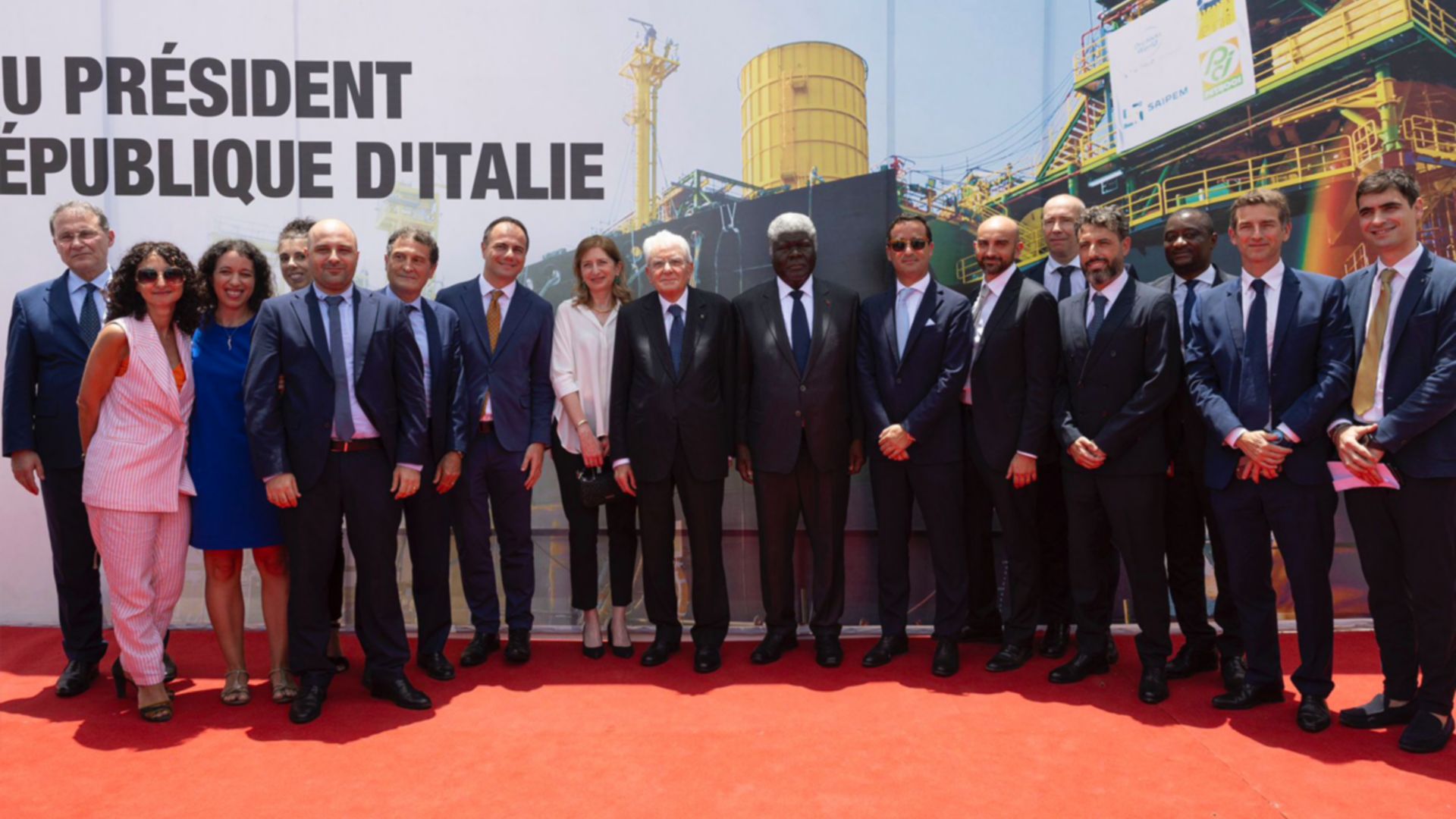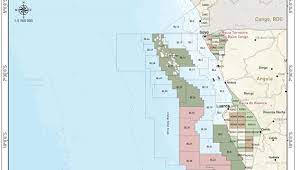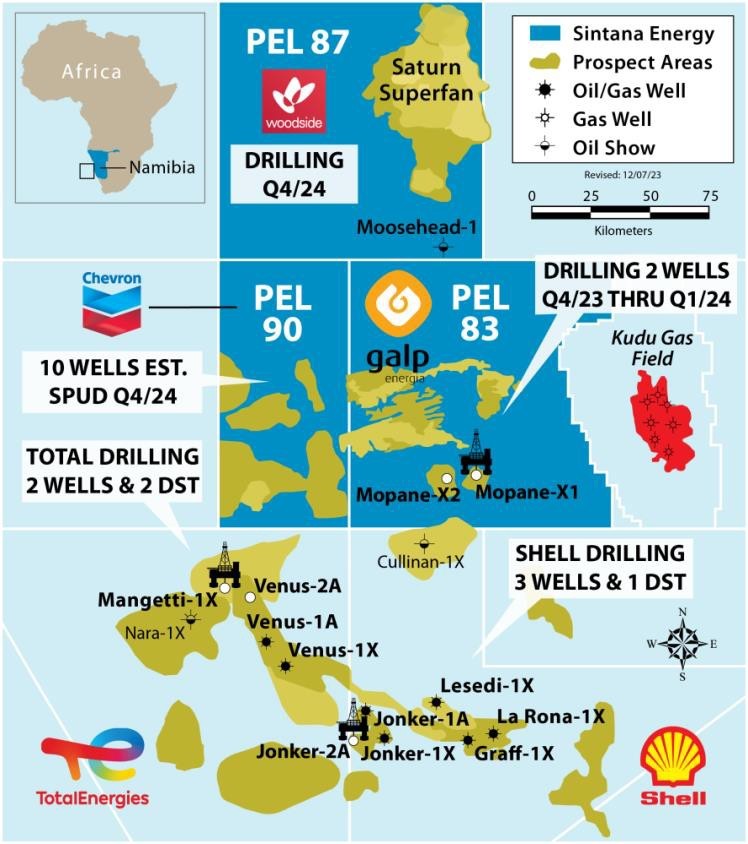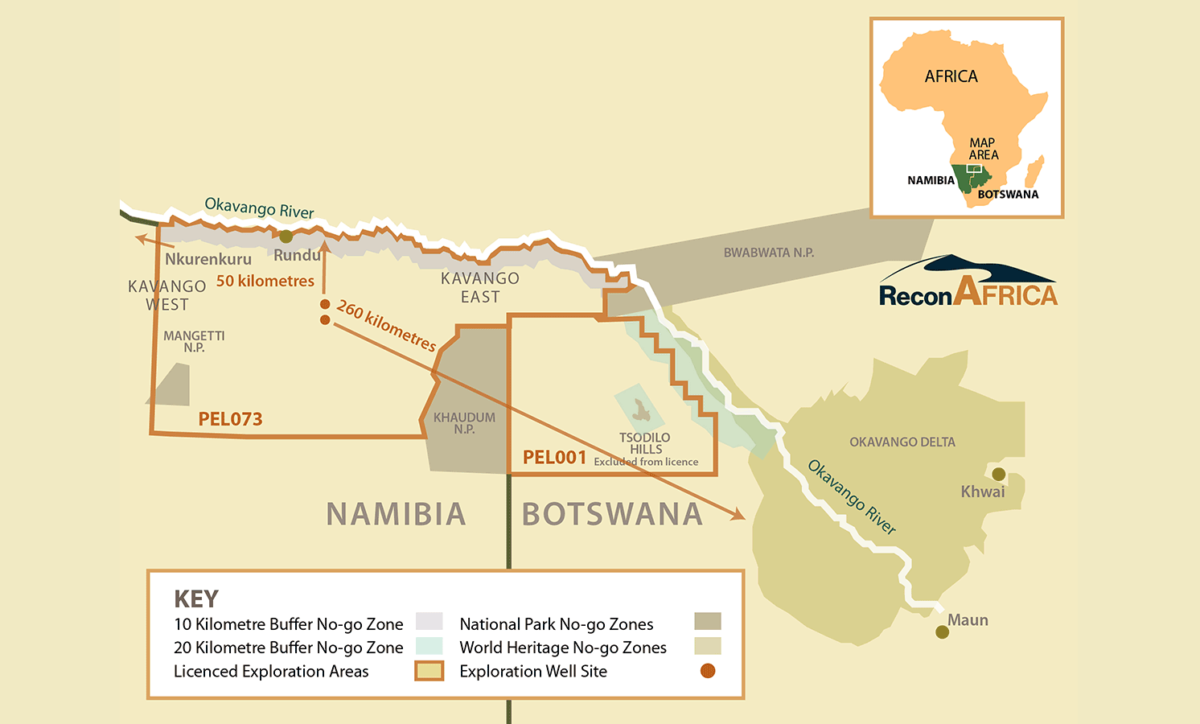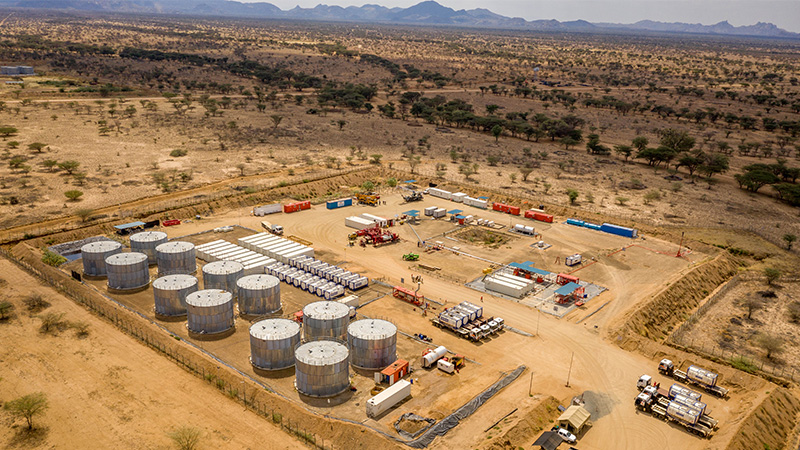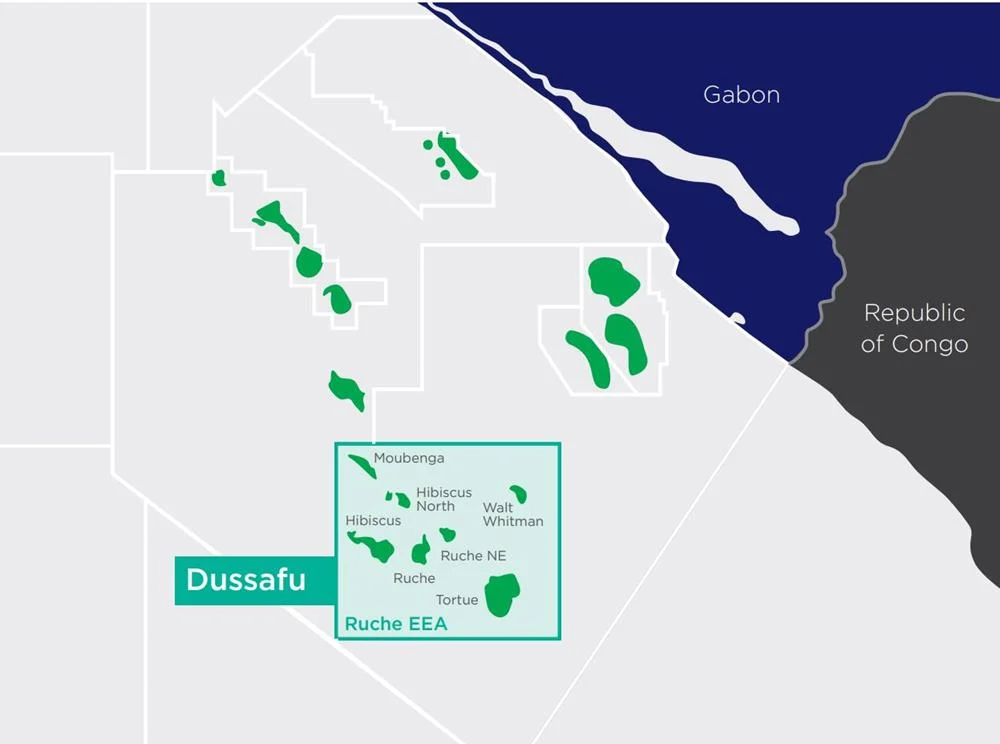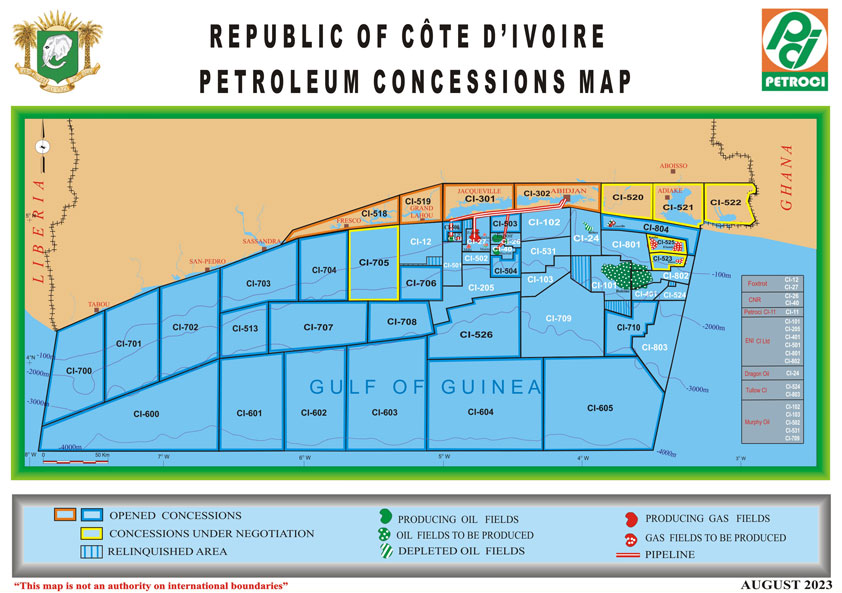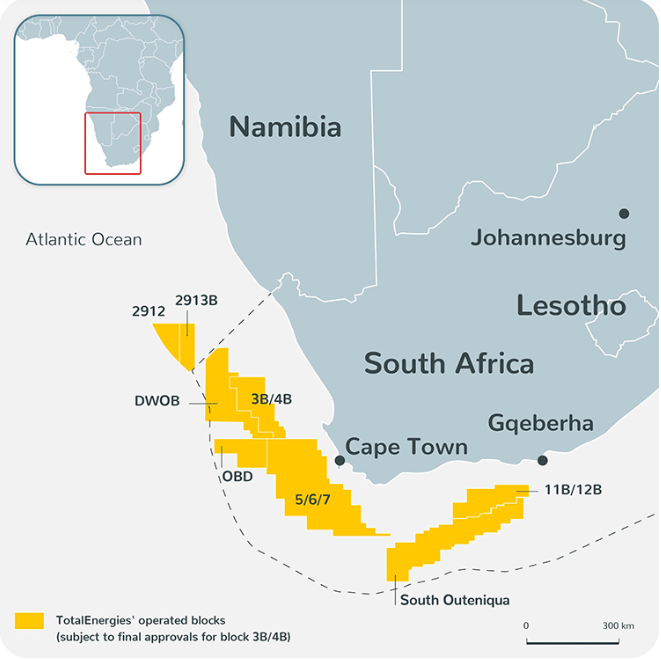US-Africa Energy Committee Makes Capital Markets Access its Priority
The US-Africa Committee of the African Energy Chamber held its first Meeting this week to discuss the future of energy cooperation and investments between the US and Africa post Covid-19.
The US-Africa Committee gathers top private and public industry experts and executives from both sides of the Atlantic, all committed to fully exploiting the potential of US-African energy cooperation. The meeting identified key areas and priorities to increase the level of capital and technology flows and address the challenge of accessing US capital markets.
Committee Members especially highlighted the challenge of raising capital for exploration and development projects in upstream oil & gas, coupled with a lack of understanding of Production Sharing Contracts (PSCs) mechanisms and structures. This challenge is now set to increase further given current market dynamics and conditions, and increasing lack of appetite for fossil fuels from traditional investors or lenders. Beyond just upstream, participants agreed that Africa offers the most attractive energy investment opportunities for American investors, stakeholders and entrepreneurs but the issue around messaging and perceptions of the continent continues to hinder investment.
In addressing perceptions of Africa in the US, participants highlighted the significant lack of adequate and objective messaging on African opportunities and African markets in the US. Addressing such issue of perceptions has been identified as a major priority for the Chamber and the Committee in order to properly communicate the opportunities of doing business in Africa as opposed to focusing solely on often exaggerated security and safety issues.
To unlock future growth potential in the US-African energy cooperation, Committee Members highlighted several issues and solutions. A key one pertains to expanded partnerships, with the need to increase engagement with a broader range of stakeholders, including public and private institutions, energy investors in North America seeking an interventional venture, and universities. More importantly, all agreed that the future of US-African energy cooperation will need to open up to SMEs and entrepreneurs and not be limited only to large and traditional corporations. The need to encourage African investments into the US was also brought to the table as a way to further support a win-win relationship that would support further capital flows going both ways.
Similarly, Environmental, Social and Governance (ESG) criteria and Know Your Customers (KYC) requirements were brought to the discussion as key factors African companies need to embrace to further attract US investment and technology. Such criteria and requirements should not be seen as obstacles for investments but as true enablers of successful joint-ventures and partnerships between US and African companies.

